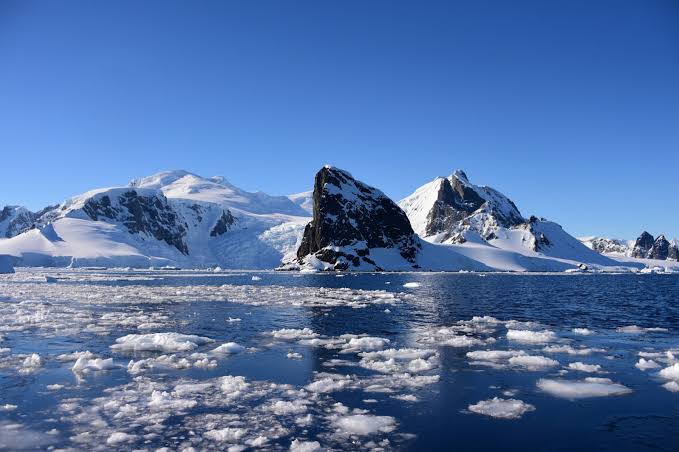Antarctica has experienced its first heatwave with scientists expressing fears about the long-term damage to animals, plants and ecosystems.
Australian Antarctic Programme scientists recorded the first reported heatwave event at Casey research station in East Antarctica during the 2019-2020 southern hemisphere summer.
Read also: Chinese scientists develop virtual nuclear power plant for safety assessment
A heatwave is classified as three consecutive days in which extremely high maximum and minimum temperatures are recorded.
Between January 23 and 26, a research team at Casey which is directly south of Perth in Western Australia recorded the highest maximum and minimum temperatures ever seen at the base.
During the period, minimum temperatures were higher than zero degrees Celsius (32 degrees Fahrenheit) while the maximums were above 7.5 degrees.
On January 24, the Casey team recorded a high temperature of 9.2 degrees Celsius, 6.9 degrees higher than the station’s mean maximum.
According to scientists, the local effects of climate change could have a global impact.
They said: “Antarctica may be isolated from the rest of the continents by the Southern Ocean, but it has worldwide impacts,
“It drives the global ocean conveyor belt, a constant system of deep-ocean circulation which transfers oceanic heat around the planet, and its melting ice sheet adds to global sea-level rise.”
Principal scientist from the Australian Antarctic Division Dana Bergstrom says the hot summer would most likely lead to long-term disruption.
Dr Bergstrom said if ice melts completely early on, then there will be drought for the rest of the season.
Higher temperatures can also cause heat stress in plants and animals that have adapted to cold Antarctic conditions.
The scientists believe the warmer weather is linked to a break up of the ozone hole in late 2019.
The findings were published on Tuesday in Global Change Biology by a worldwide team, including scientists from the University of Wollongong, University of Tasmania and the Australian Antarctic Division.



 Premier League
Premier League